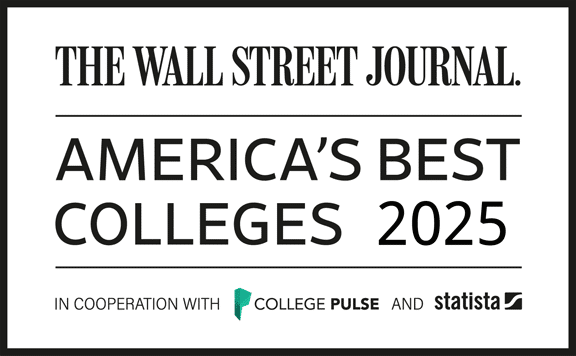Bachelor of Arts inMinistry Leadership
Online
Online
REQUEST INFORMATION
Loading...

100% Online
Transfer Friendly
Transfer up to 75% of your program credits
Transfer up to 75% of your program credits
Advance Your Mission with a Ministry Leadership Bachelor’s Degree
Share the gospel and your love for Scripture with a B.A. in Ministry Leadership from Cornerstone University. Whether called to pastoral ministry, missions, or nonprofit leadership, you’ll gain the skills to lead churches, ministries, and communities with greater impact. Designed for busy ministry professionals, this flexible, affordable online degree offers biblically faithful training from experienced ministry leaders and theologians, all teaching from a Christian worldview. Grow in your faith and strengthen your leadership capabilities to advance your ministry impact.
Influential Careers with a Bachelor of Arts in Ministry Leadership Degree
- Church Administrator
- Youth Pastor
- Worship Leader
- Missionary
- Nonprofit Director
- Ministry Coordinator
- Christian Educator
- Chaplain
- Discipleship Director
- Community Outreach Coordinator
- Faith-Based Organizational Leader
- Small Group Ministry Leader
Your Degree Starts Here
Start your degree at one of the most affordable Christian universities in the region. An admissions counselor is ready to help you begin the enrollment process.
- Apply — our application is free.
- Set goals — your admissions counselor is here to guide you.
- Maximize your credits — you could transfer in up to 75% of your degree credits.
- Discover affordability — scholarships and grants are available for qualified students.










